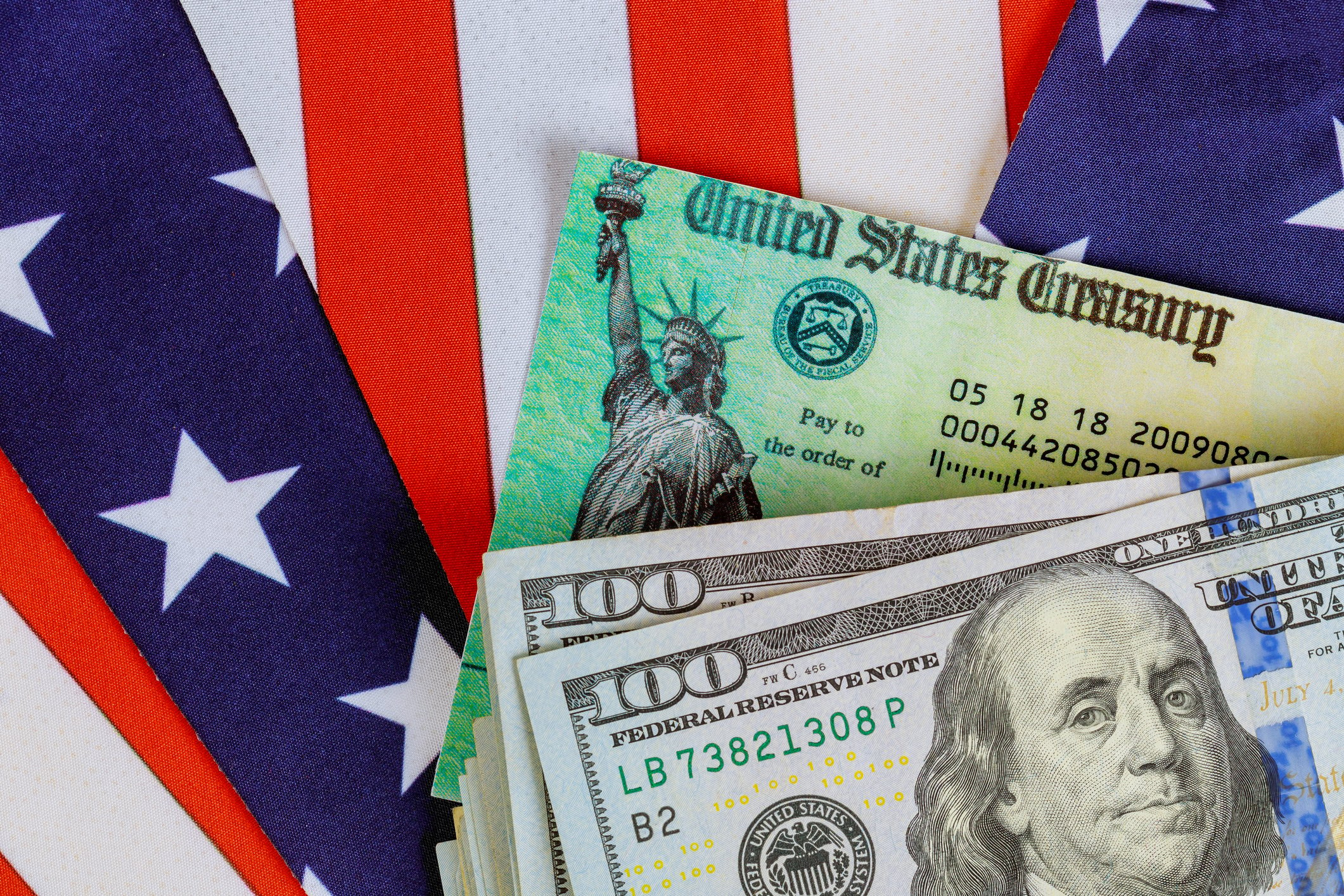Pharmaceutical stocks are having a moment. The S&P 500 Pharmaceuticals Index recently rose 11% during five trading days, its best weekly gain since 2022.
That sent the VanEck Pharmaceutical ETF (PPH +0.59%) up about 9% during the past two weeks (before Oct. 10's market plunge). This exchange-traded fund tracks the MVIS US Listed Pharmaceutical 25 Index, which measures the performance of the 25 largest and most liquid U.S.-listed companies in the drug industry.

NASDAQ: PPH
Key Data Points
Many of the recent gains in pharmaceutical stocks stem from a huge sense of relief on Wall Street that drugmakers may get a reprieve from Trump administration tariffs on drug imports.

Image source: Getty Images.
100% tariffs
It all started in late September, when President Donald Trump threatened 100% tariffs on branded and patented drugs that would take force on Oct. 1 (he had been talking about new tariffs on drugs for months, even saying they could be as high as 250%).
And then on Sept. 30, pharmaceutical giant Pfizer (PFE +0.81%) struck a deal with the administration to offer drugs to Americans at lower prices. As a result, the company won a three-year hiatus from tariffs. Pfizer also agreed to invest $70 billion to expand its U.S. manufacturing capacity.
Soon thereafter, other big drugmakers started scrambling to make deals with the White House. Several have already committed to investing billions of additional dollars into U.S. facilities and manufacturing to remain on good terms with Trump; these include Johnson and Johnson (JNJ +0.22%), Merck (MRK 1.74%), and Eli Lilly (LLY +0.82%). Combined, these companies have already committed some $350 billion to increasing domestic manufacturing.
And the Oct. 1 deadline for new tariffs on drugs came and went, as the White House pursued negotiations instead. Commerce Secretary Howard Lutnick said the administration will let negotiations "play out" before imposing any new tariffs. So it started to look like the threat of 100% levies on drugs was merely an opening bid by the White House.
New investments
This is all very good news for drug companies and their shareholders, as it looks like deals will be struck and the most egregious tariffs on medications avoided. Investors who believe that's how it will play out may want to invest in the pharmaceutical industry now.
And the VanEck Pharmaceutical ETF is a great way to do that. The fund has $545 million in assets and holds 26 different stocks.
Its biggest holdings are:
- Eli Lilly, which accounts for about 19.6% of the fund
- Novartis (NVS 0.08%), 9.7%
- Novo Nordisk (NVO +4.97%), 8%
- Merck, 7.2%
- McKesson and Pfizer, 4.9% each
Other than those companies, no stock accounts for more than 5% of the fund, making it relatively diversified. The ETF is also geographically diversified -- while U.S. companies account for about 62% of assets, there are a healthy number of shares from companies in the U.K., Switzerland, Denmark, Japan, and a few other nations.
And the fund is inexpensive. The management fee, which covers operational costs and is paid by investors, is a low 0.36%. That puts it in the lowest quintile among its peers, according to Morningstar.
So for the moment at least, it seems that drugmakers are off the hook and, for now, back in the good graces of the White House. That could always change, as Trump's decisions are both malleable and mercurial. But if the administration's policies result in cheaper drugs, with more of them made in America, it could be a very good thing not only for people who need medicine, but also for companies in the industry and the investors who own shares in them.








